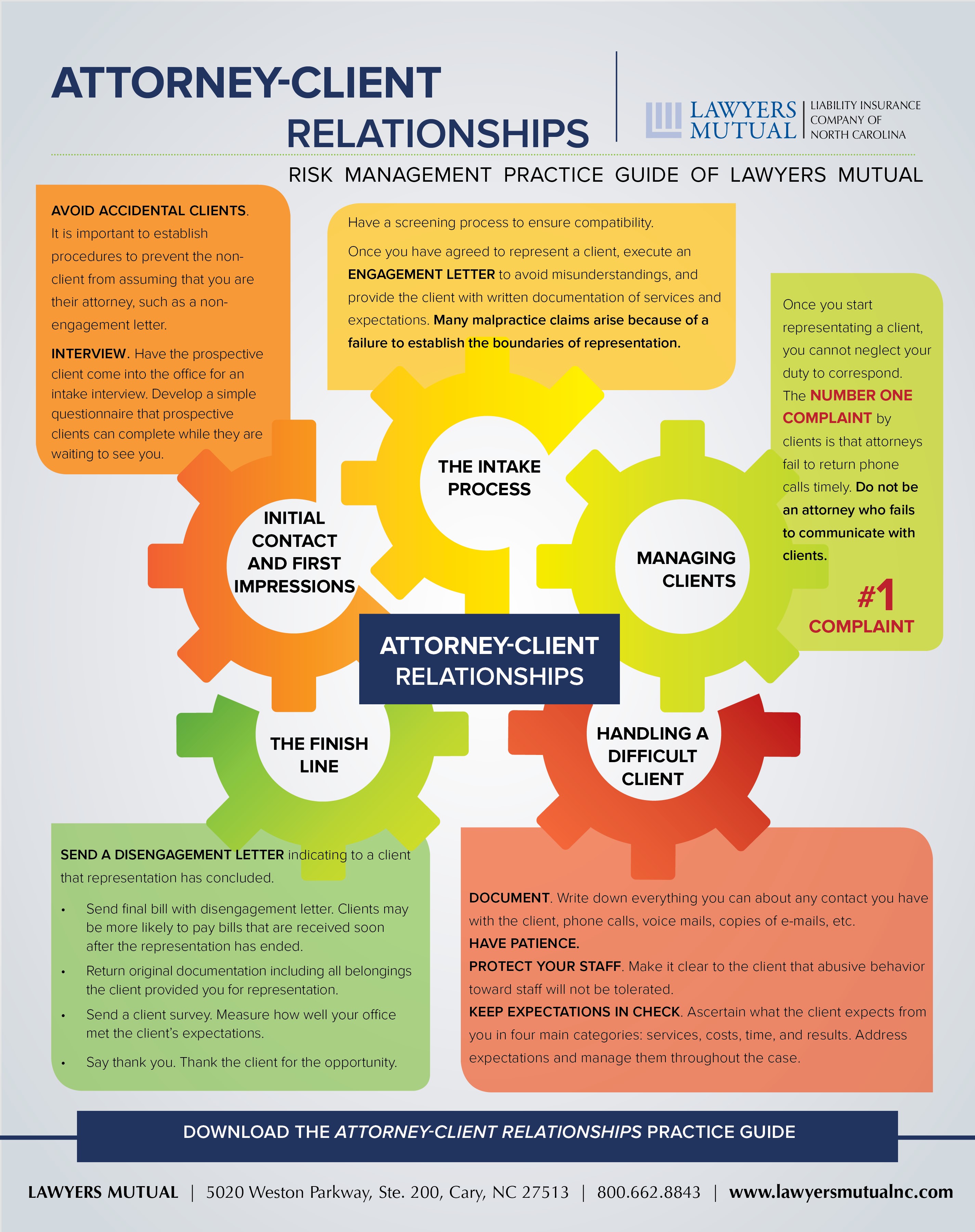The Criminal Trial Refine Explained: A Sequential Review Of Each Step
The Criminal Trial Refine Explained: A Sequential Review Of Each Step
Blog Article
Web Content By-Butcher Therkildsen
When you enter a criminal test, you could be surprised by the organized procedure that unfolds. All of it begins with jury option, where possible jurors are looked at for predispositions through a technique called "voir dire." Afterwards, both sides present their opening statements, establishing the stage for the evidence and testaments to comply with. You'll see exactly how the prosecution and protection construct their situations, yet what occurs next can considerably affect the result. Recognizing these phases can reveal the complexities of justice, yet there's more to reveal concerning the critical moments that follow.
Court Choice Refine
When it comes to the jury choice procedure, you're diving right into an essential phase of a criminal test. This procedure, often called "voir dire," entails doubting possible jurors to ensure they're unbiased and capable of delivering a fair verdict.
what criminal defense lawyers do 'll see both the prosecution and defense lawyer participating proactively, each intending to choose jurors that line up with their instance's story.
Throughout voir dire, you'll observe that attorneys ask concerns about jurors' histories, beliefs, and experiences. Their goal is to identify any kind of pre-existing biases that could affect a juror's decision. As a juror, you might really feel a mix of uneasiness and curiosity, but your sincerity is crucial.
After questioning, attorneys can challenge specific jurors for reason if they believe a juror can not remain objective. They can additionally use a restricted number of peremptory obstacles to disregard jurors without mentioning a factor.
Trial Phases Explained
The stages of a criminal test play an essential function in making certain a fair and structured procedure.
You'll first experience the opening declarations, where both the prosecution and defense outline their cases. This sets the stage of what's ahead.
Next, the prosecution offers its evidence and witnesses, intending to confirm the offender's sense of guilt past an affordable doubt. You'll see direct exam followed by cross-examination, permitting both sides to test the here and now information.
After the prosecution rests its situation, it's the defense's turn. They'll present their evidence and witnesses, commonly focusing on creating practical uncertainty. You'll notice that the protection doesn't have to show innocence; they simply require to challenge the prosecution's instance.
Once https://mississippitoday.org/2022/08/18/mississippi-welfare-case-new-attorney-hired/ have presented their disagreements, you'll listen to closing statements, where each celebration summarizes their instance. This is essential as it reinforces their settings prior to the court ponders.
Throughout these phases, the court makes sure that the test abides by lawful requirements and that the legal rights of both events are secured.
Recognizing these phases will help you appreciate the complexities involved in a criminal test and the value of each step in the quest of justice.
Judgment and Sentencing
After all evidence has existed and disagreements made, the court or judge delivers a verdict, determining the accused's regret or innocence. If you're part of the court, you'll ponder with your fellow jurors, discussing the evidence and your impressions. This procedure can take some time, as you'll wish to guarantee every person agrees on the verdict based upon the facts.
Once a decision is gotten to, it's announced in court. If the accused is found guilty, the next phase is sentencing. This is when the court determines the suitable punishment. You may notice that different variables affect the sentence, such as the seriousness of the crime, the defendant's past record, and any mitigating conditions.
The court might enforce a range of sentences, from fines and community service to imprisonment. In some cases, the protection or prosecution can present disagreements concerning sentencing, attempting to persuade the judge's decision.
If the defendant is found not guilty, they're acquitted, and no penalty complies with. Bear in mind that a guilty verdict can commonly lead to allures, where the defendant might test the decision or the sentence enforced.
Verdict
In a criminal trial, you've seen exactly how important each step is, from jury selection to the final decision. You've adhered to the prosecution and defense as they build their cases, aiming to convince the jury. As soon as consideration completes, the decision figures out the result, and if the accused is found guilty, the sentencing stage begins. Comprehending https://docs.google.com/spreadsheets/d/1I2Mkn8qeteIpv8ZcwqGSVLLsaTPBrg1lUzNPKpNbBF0/edit#gid=966169093 appreciate the complexities of the justice system and the significance of each role in making certain a fair trial.
